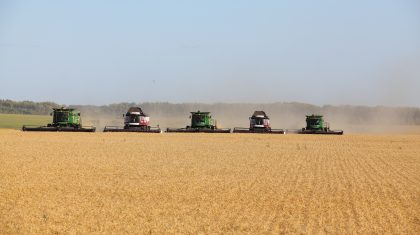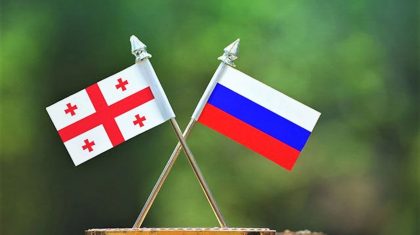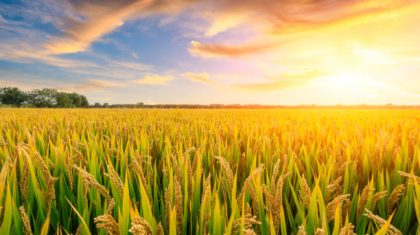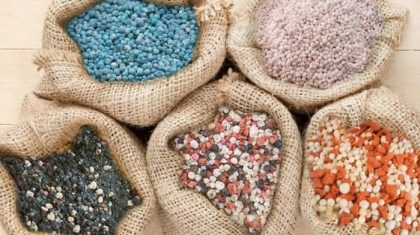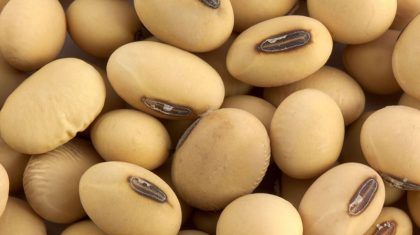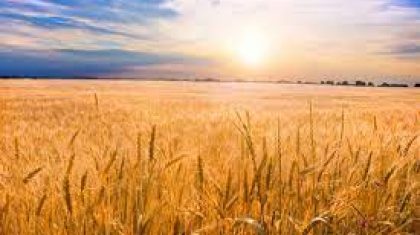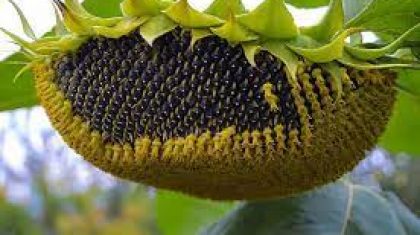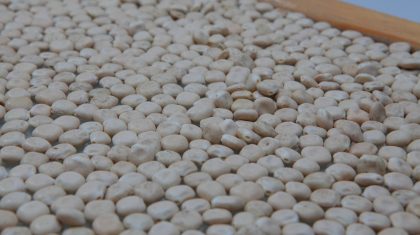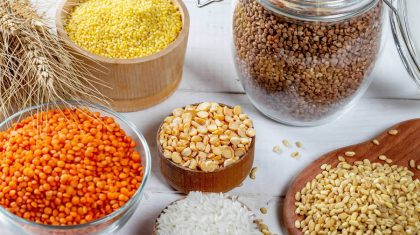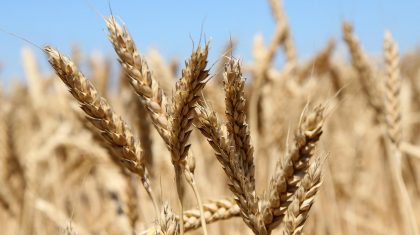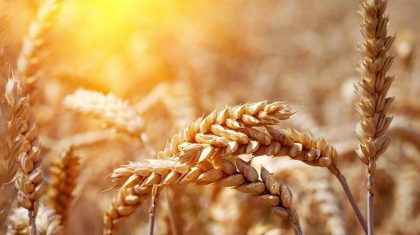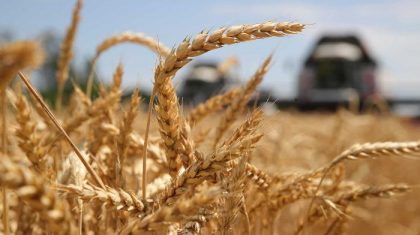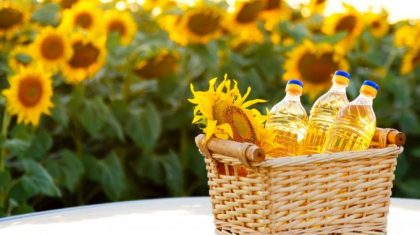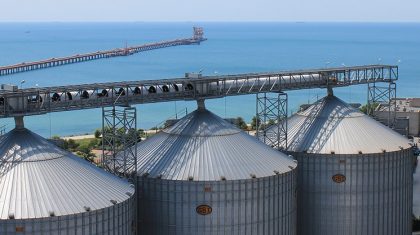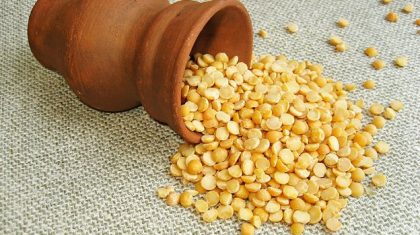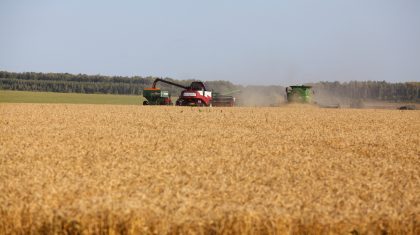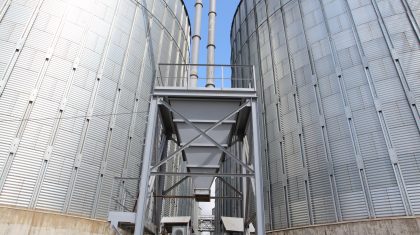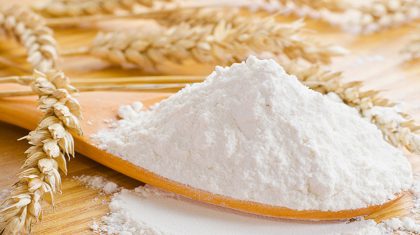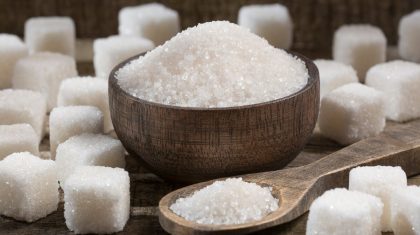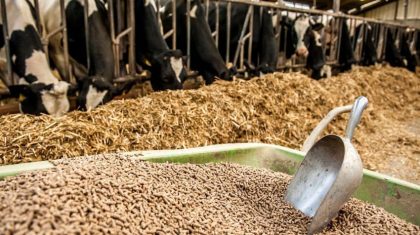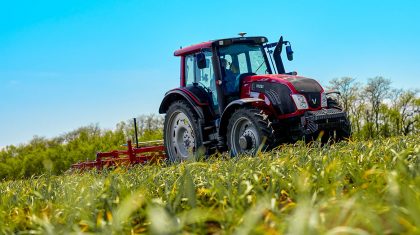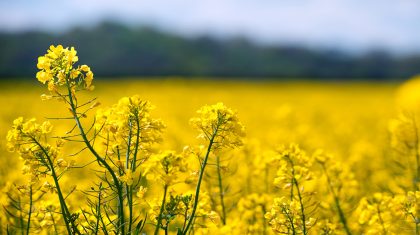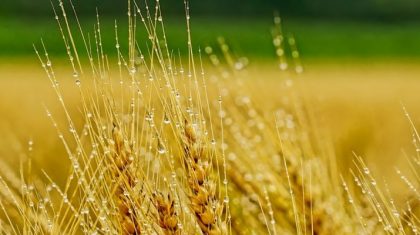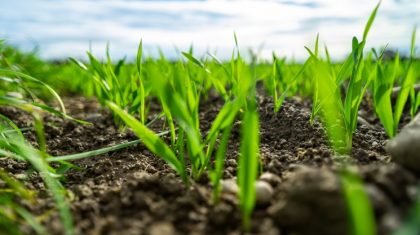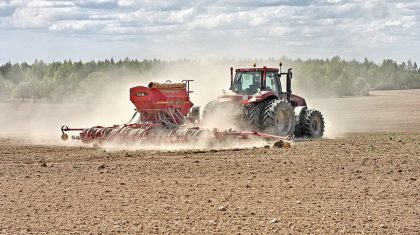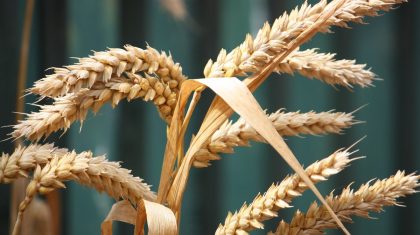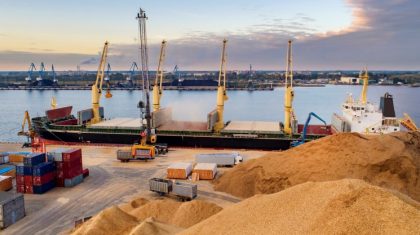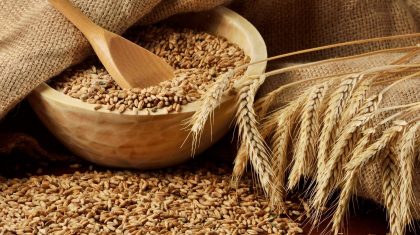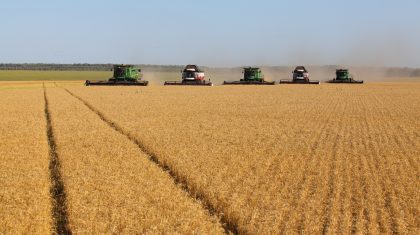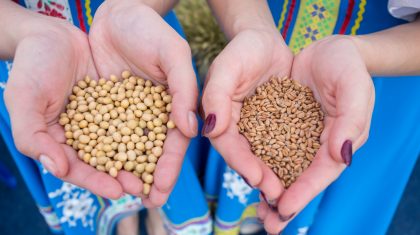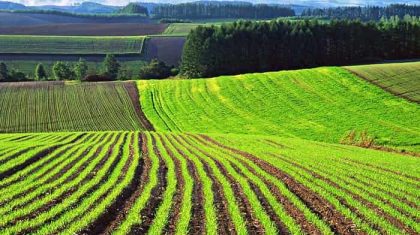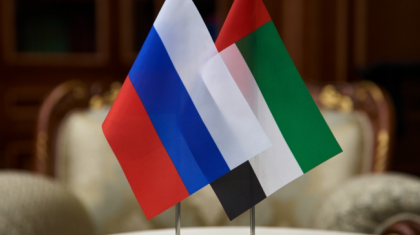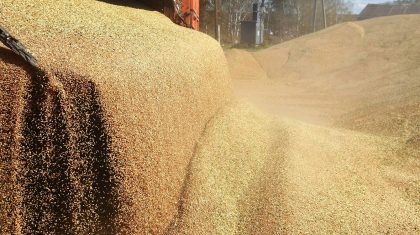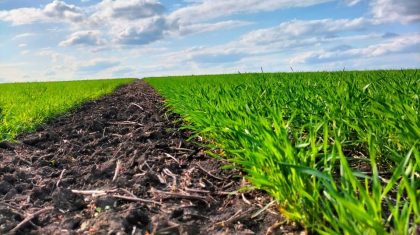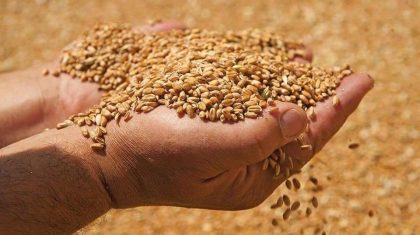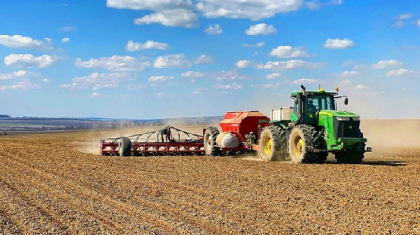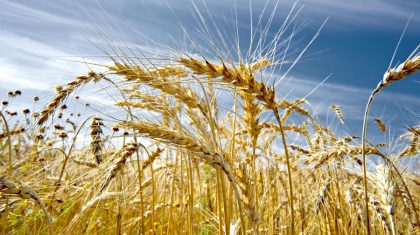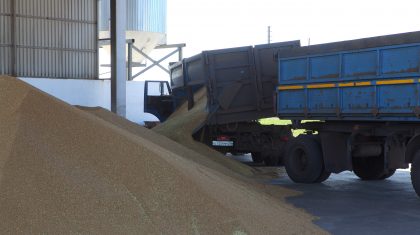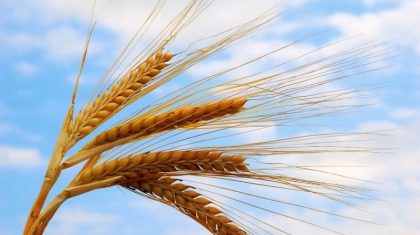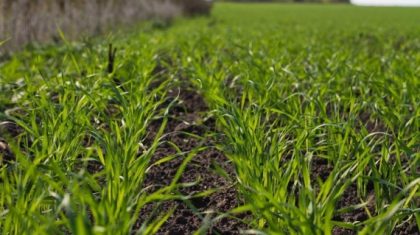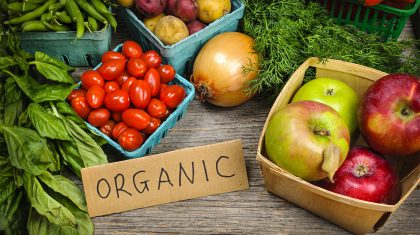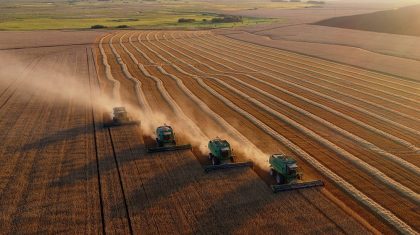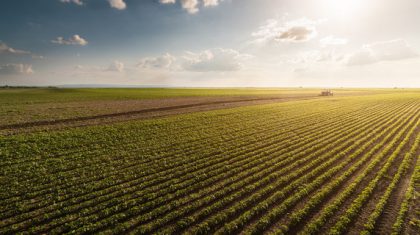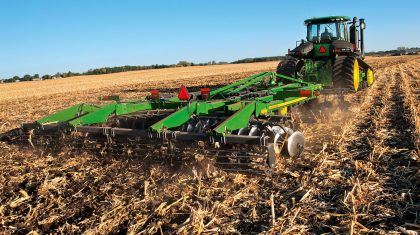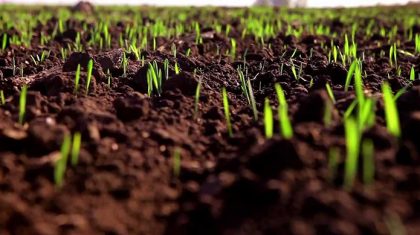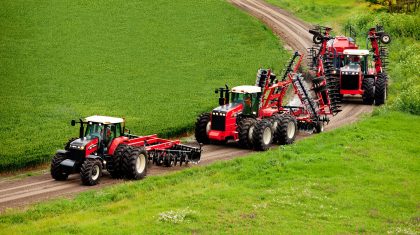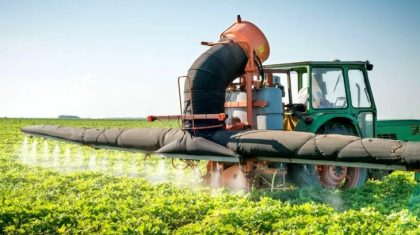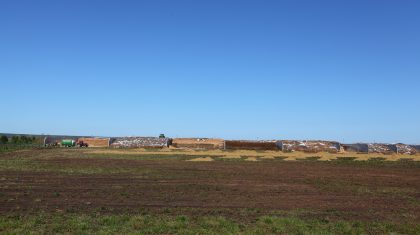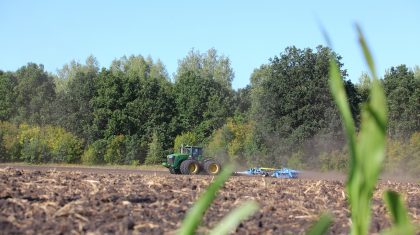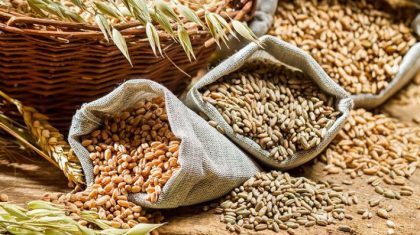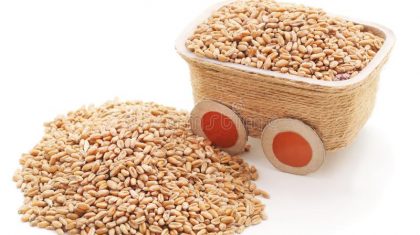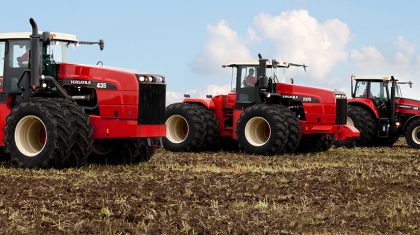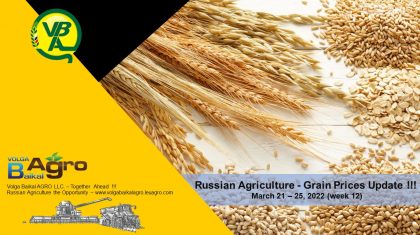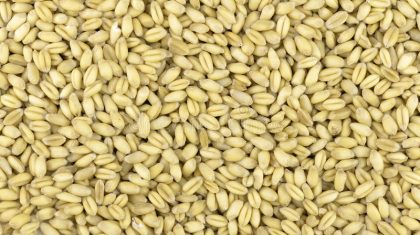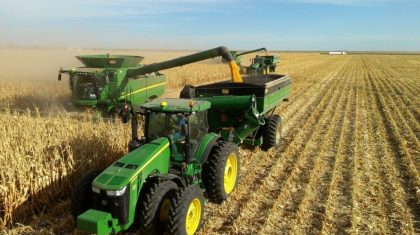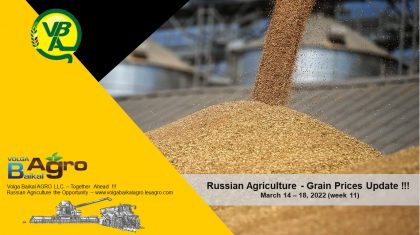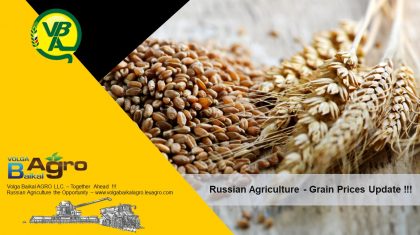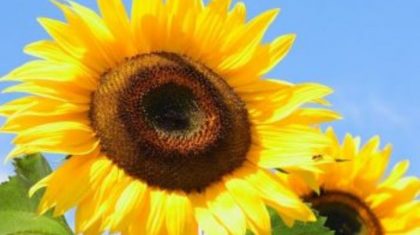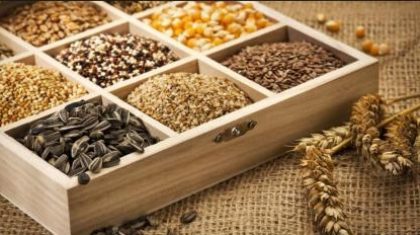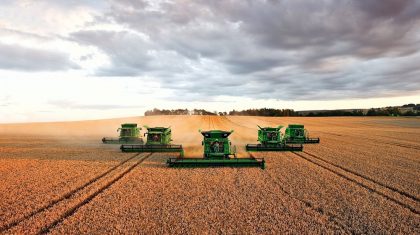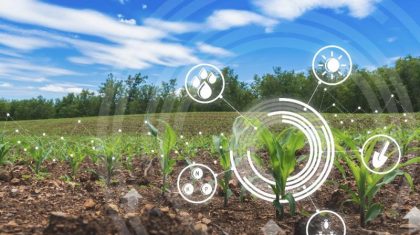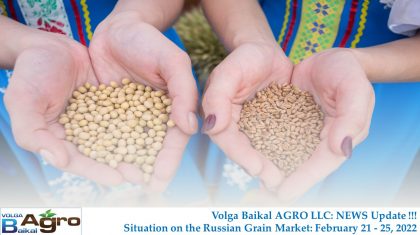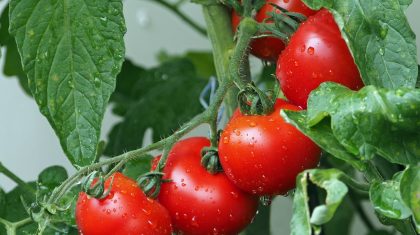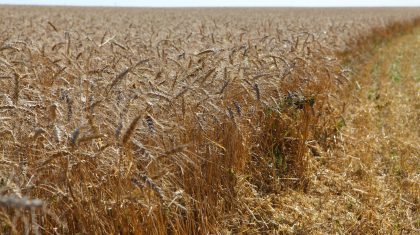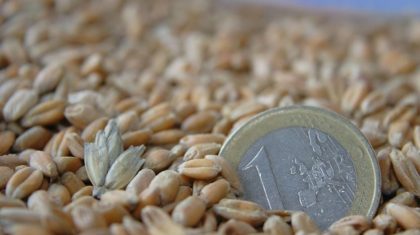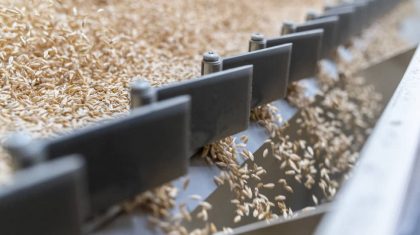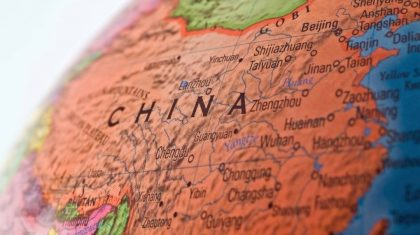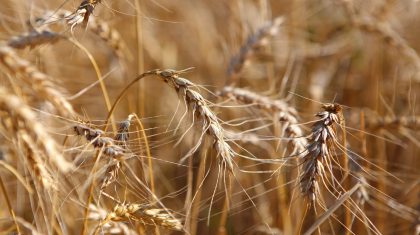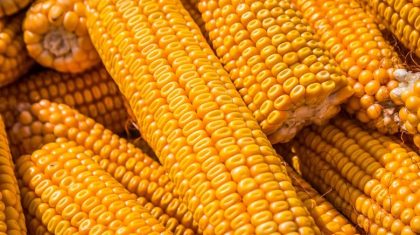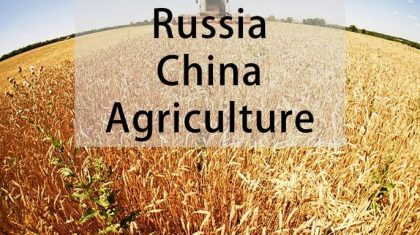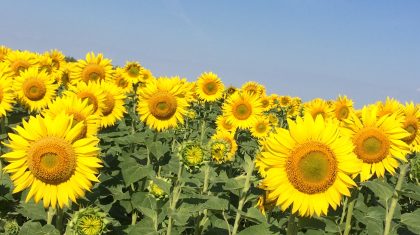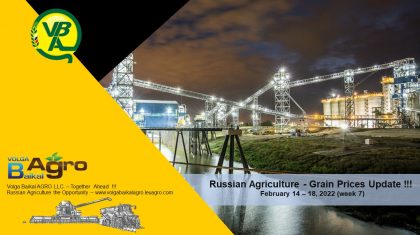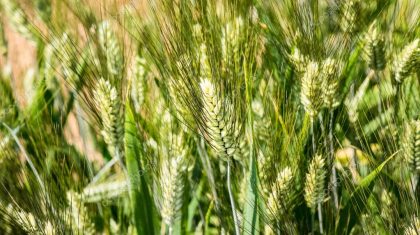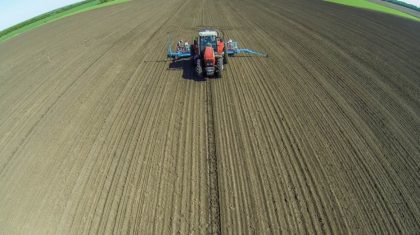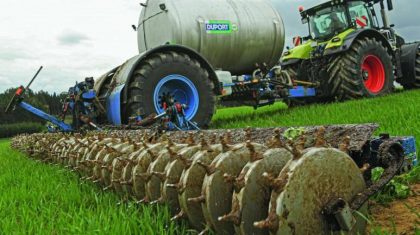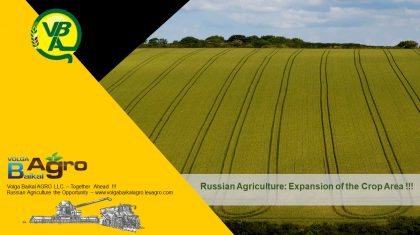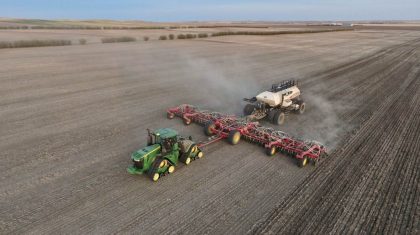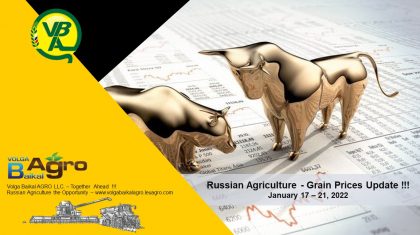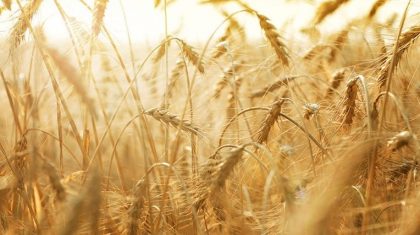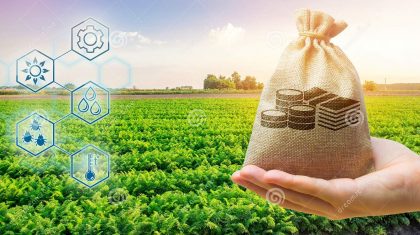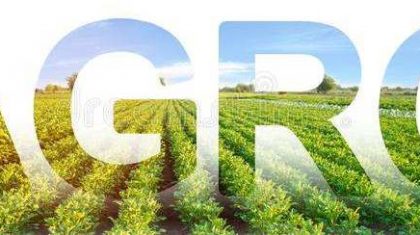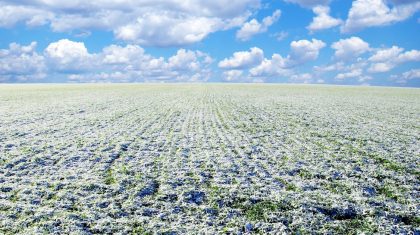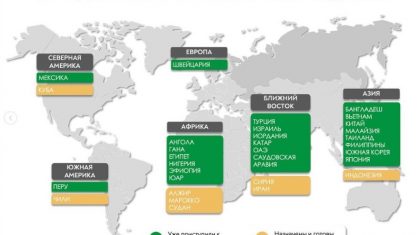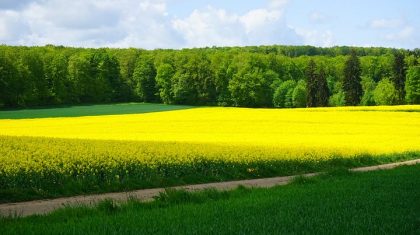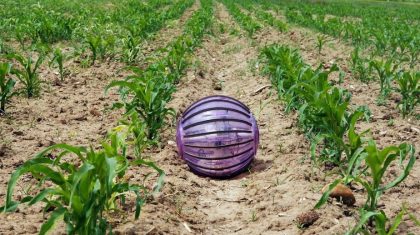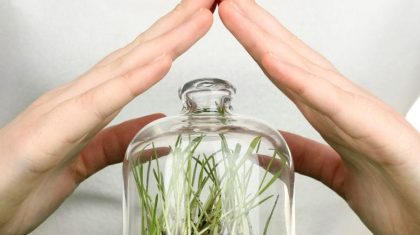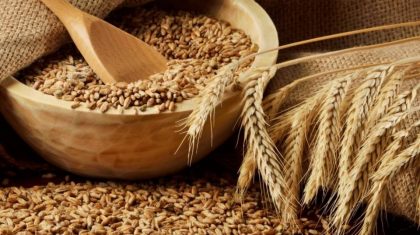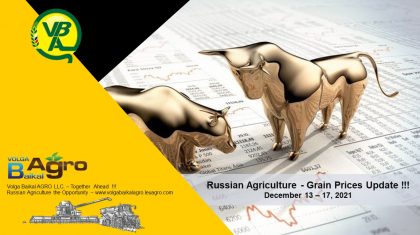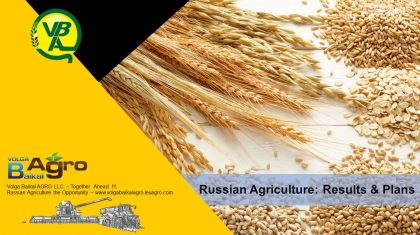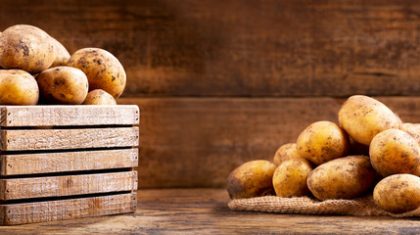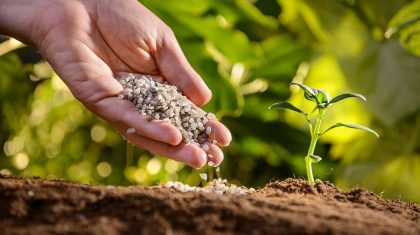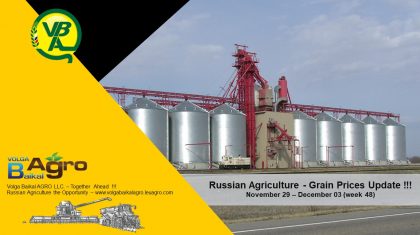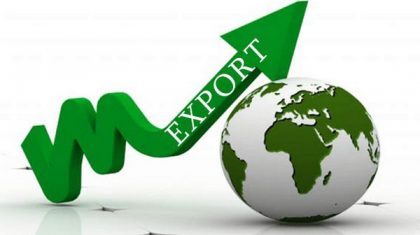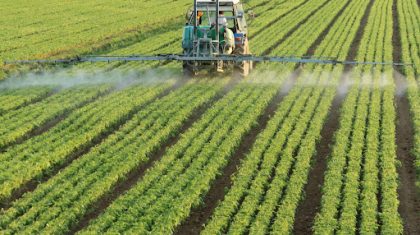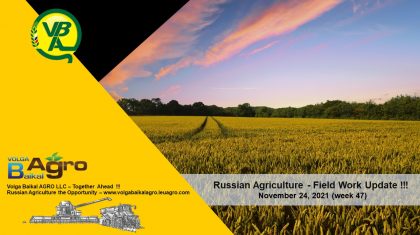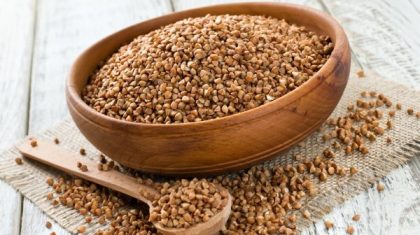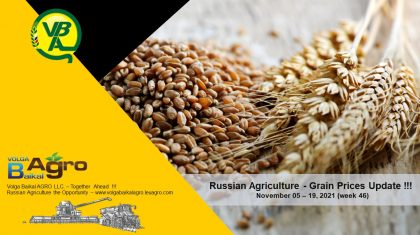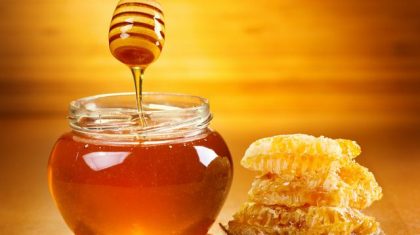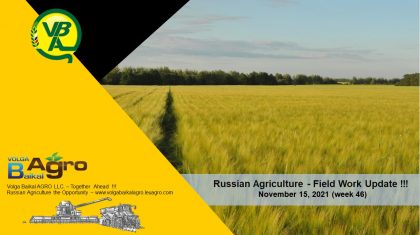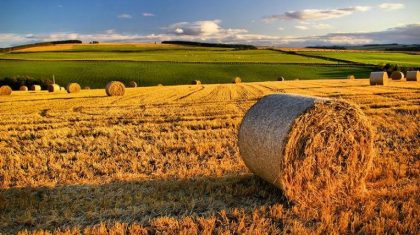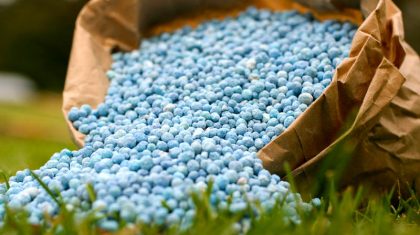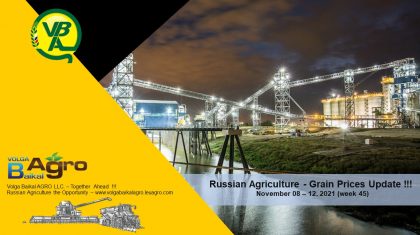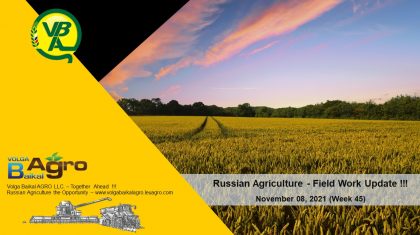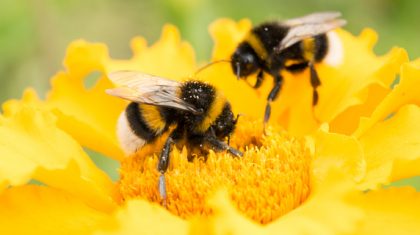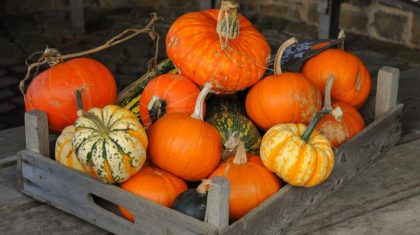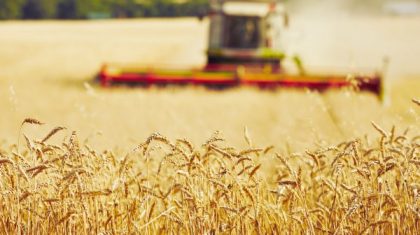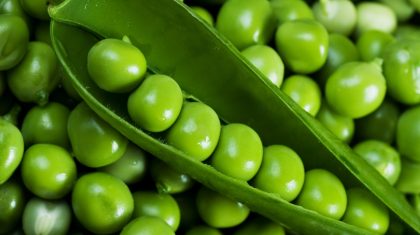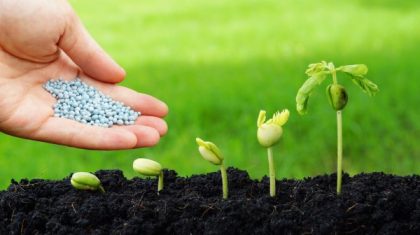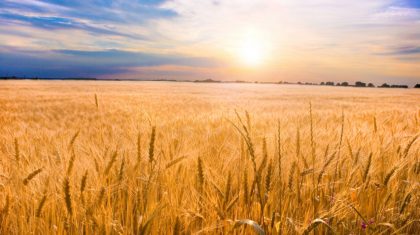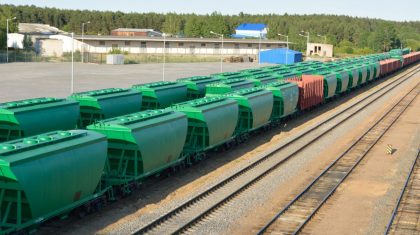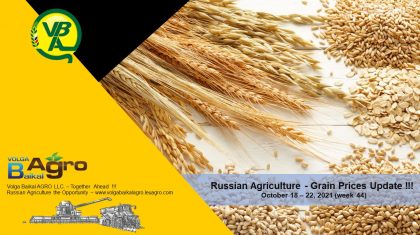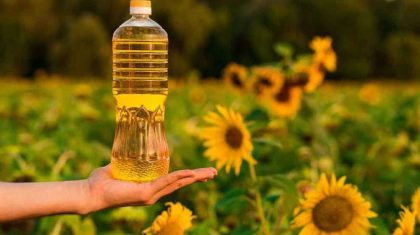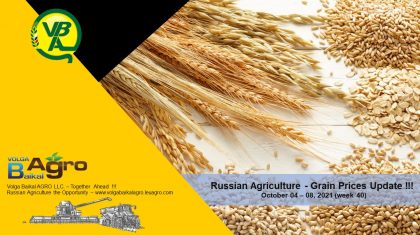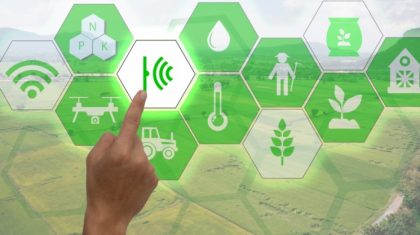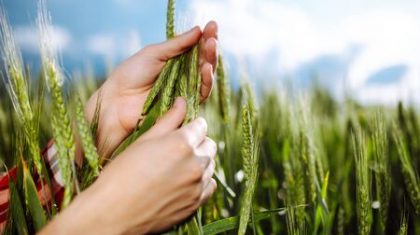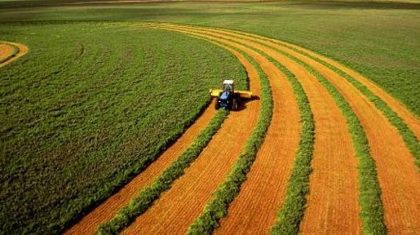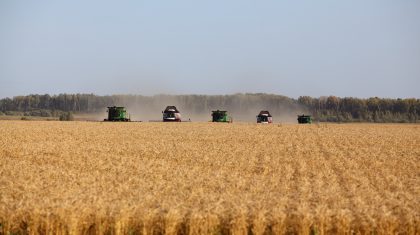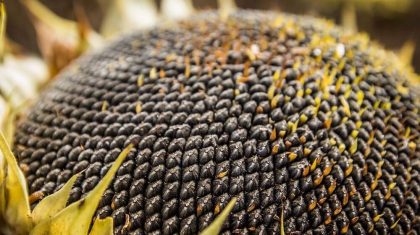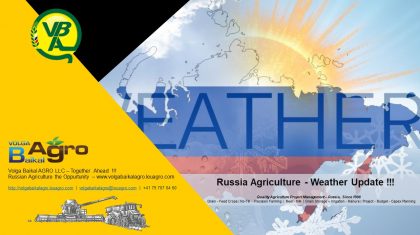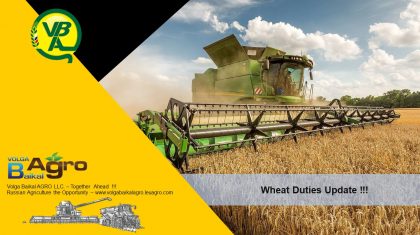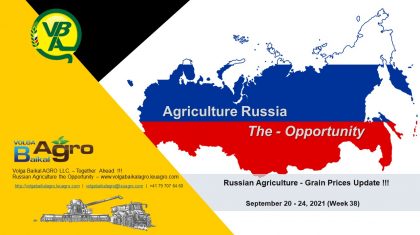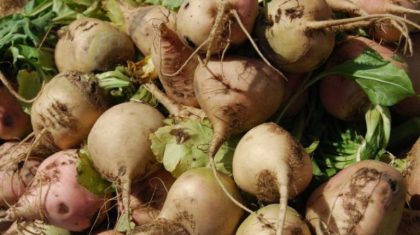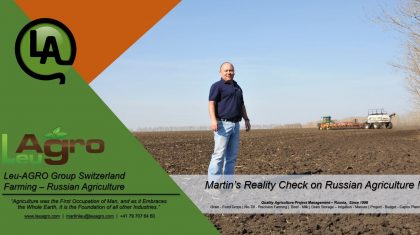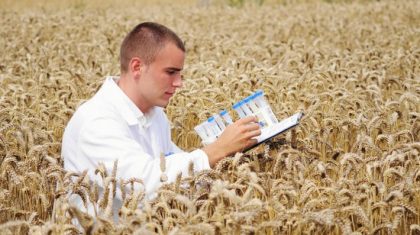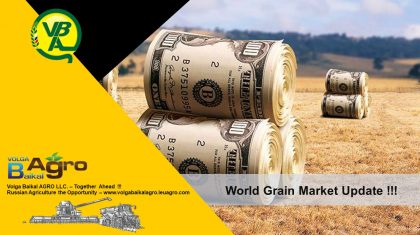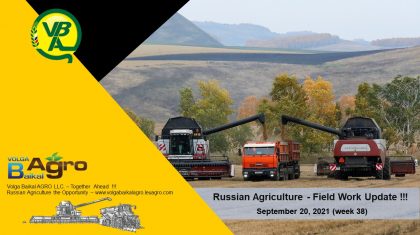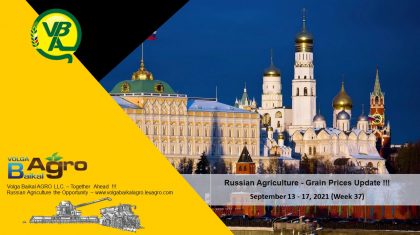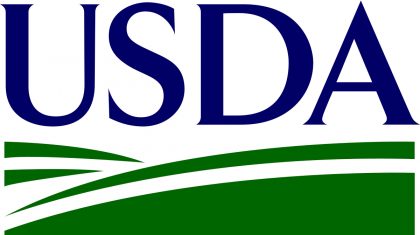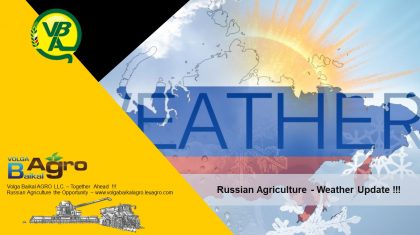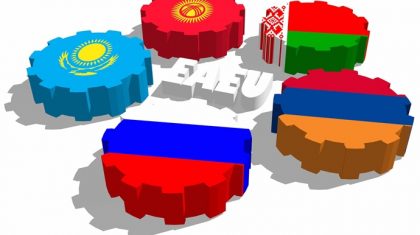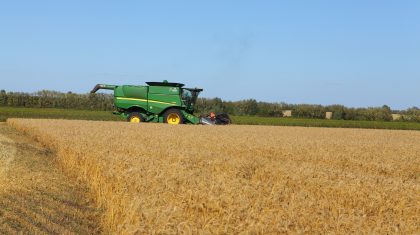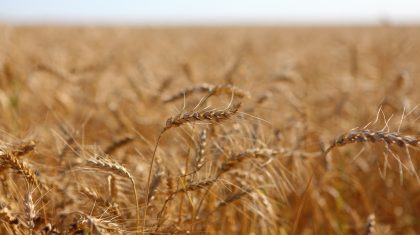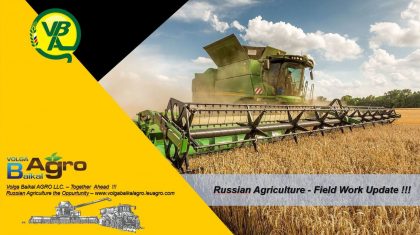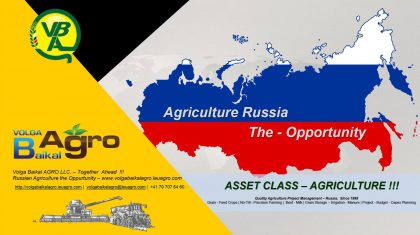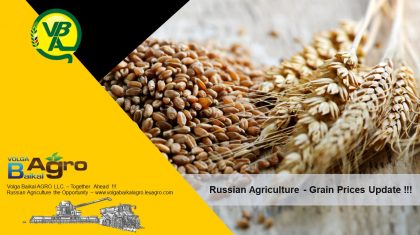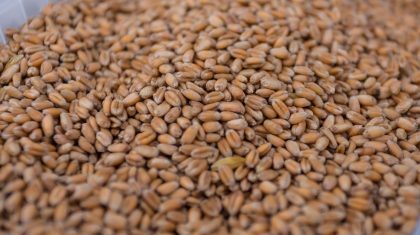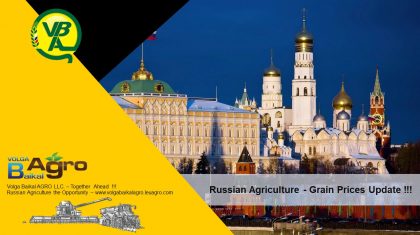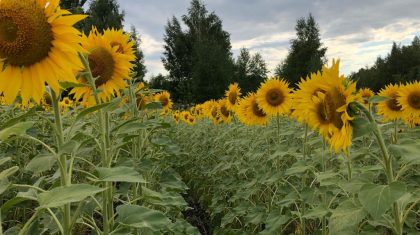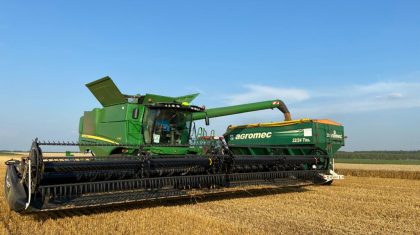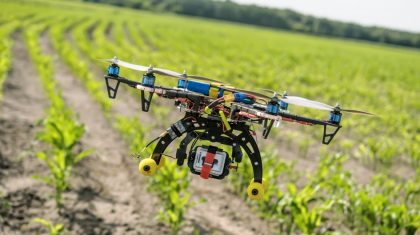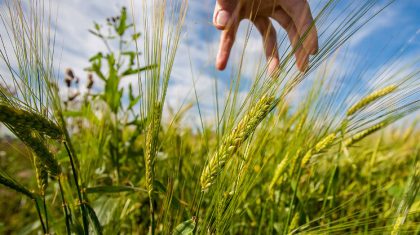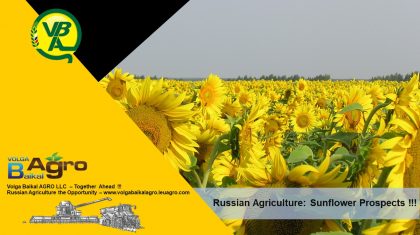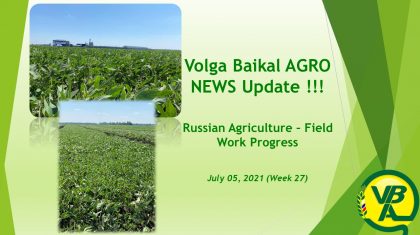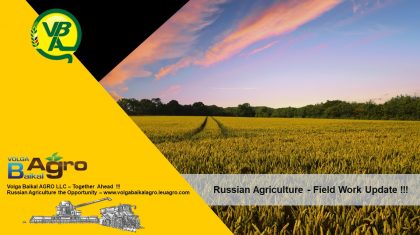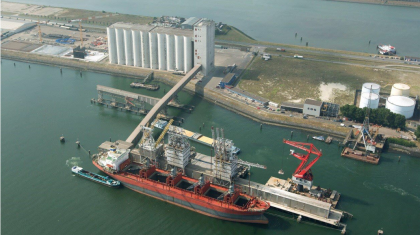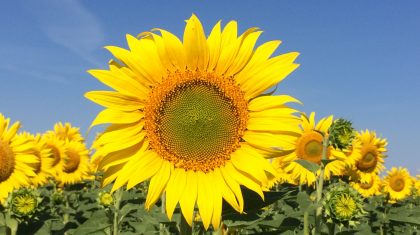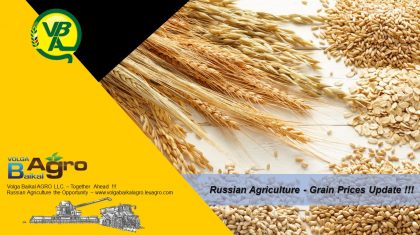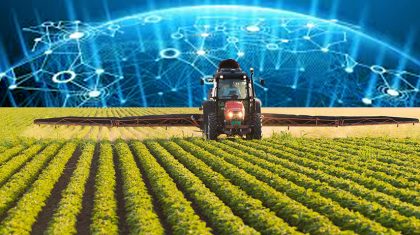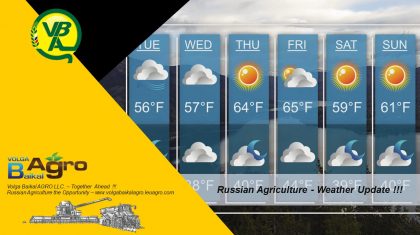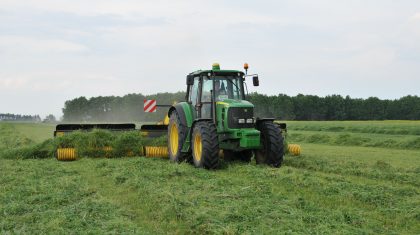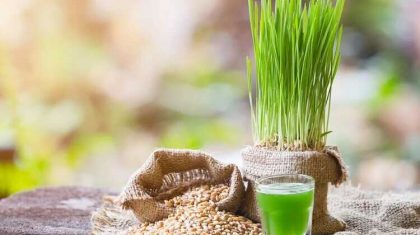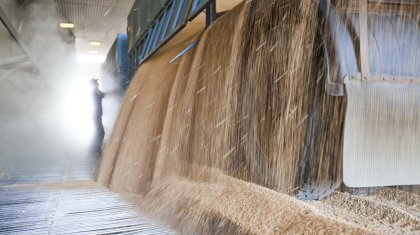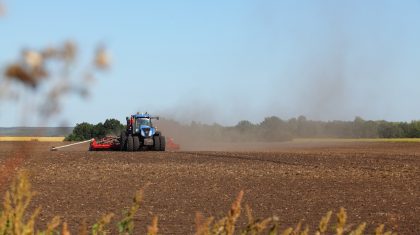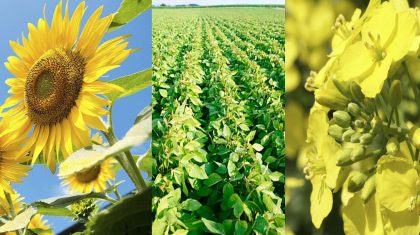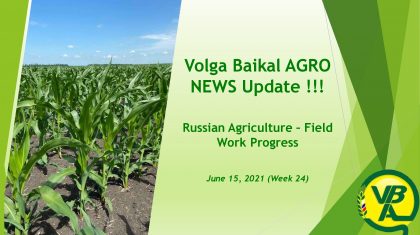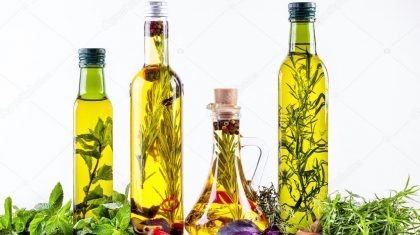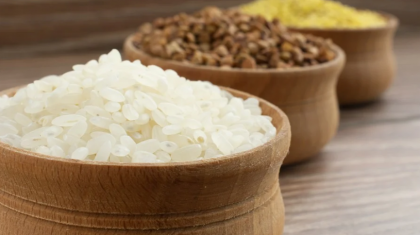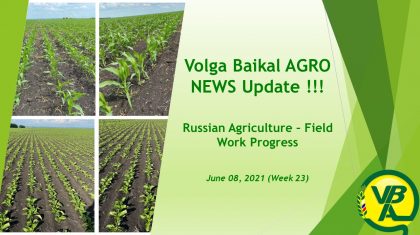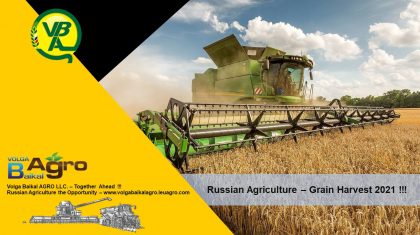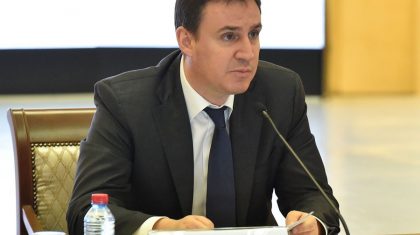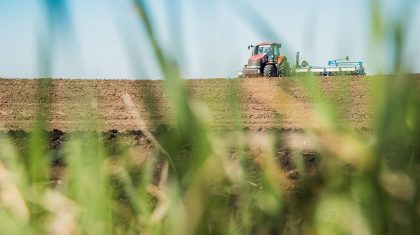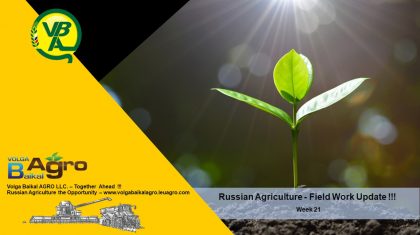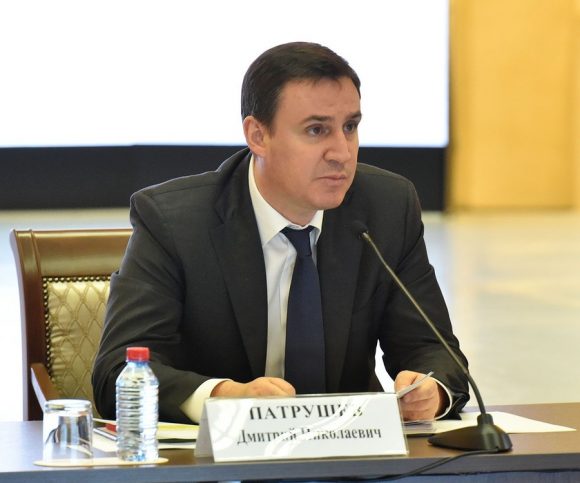
Volga Baikal AGRO News Update on the Prospects of the Russian Agriculture !!!
Dmitriy Patrushev: Prospects for the development of the Russian food market, quotas and duties on the export of grain, stocks of the state intervention fund of grain, etc.
A very interesting interview with the Head of the Ministry of Agriculture Dmitriy Patrushev to IZVESTIA mass media: about the prospects for the development of the Russian food market, quotas and duties on the export of grain, stocks of the state intervention fund of grain, etc.
THIS WAS NOT THE CASE EITHER IN THE HISTORY OF RUSSIA OR IN THE USSR. WE NOT ONLY PROVIDED THE DOMESTIC MARKET AND DID NOT ALLOW EMPTY SHELVES EVEN DURING THE PEAK DEMAND, BUT ALSO INCREASED EXPORT REVENUE TO $30.5 BILLION
E. Pertseva: The pandemic is not abating in the world. What prospects do you see for the development of the global food market and our domestic market in this situation?
D.Patrushev: The pandemic has had a major impact on the global market. The main reaction was a sharp increase in the demand for food. In my opinion, this is quite reasonable and understandable. For each state, the issues of its own food security are at the forefront. Key importing countries are actively buying for the future, because they understand that at any moment force majeure can happen and production will stop.
In such a situation, only those states that have a higher reaction rate, better mechanisms for regulating and supporting the industry, and better production technologies can effectively develop their agriculture.
In this sense, Russia has every chance to be among the leaders, to win the first positions in the world. Our agro-industrial complex passes the test of the pandemic quite confidently. And this, of course, is the result of a timely response to the current situation on the part of the government.
E. Pertseva: As far as I understand, last year the export of our products exceeded the import?
D.Patrushev: That’s right. This was not the case either in the history of Russia or in the USSR. That is, we not only provided the domestic market and did not allow empty shelves even during peak demand, but also increased export revenue by the end of the year to $30.5 billion.
No matter how the situation with the coronavirus develops, we understand that the demand for food in the world will grow. This is due to various aspects, including the increase in the population and, accordingly, the consumption of food. The trend is already evident in the behavior of global importers, such as China.
The world needs food, and we, with such a huge land bank, can provide it. The main task is to produce as many popular products as possible. And in this sense, no other country in the world has such potential as ours.
E.Pertseva: Last year, agriculture was one of the sectors that showed growth. What are your forecasts for this year?
D.Patrushev: We expect good results this year, especially for cereals. As we can see, the sowing campaign is going well, and plans to increase the area will be implemented. At the same time, it is too early to give final forecasts.
E. Pertseva: Did you manage to increase sugar beet crops?
D.Patrushev: This year we are significantly increasing the crops of this crop – we have already sown more than 1 million hectares and are planning more. Currently, it remains the most profitable in terms of per hectare – even with the price of sugar at 36 rubles. According to the plan, this season we will harvest 40-44 million tons of beet, which will allow us to produce 6-6. 3 million tons of sugar. More than enough to meet internal needs.
E. Pertseva: Do you plan to increase the stocks of the state intervention fund of grain?
D.Patrushev: Indeed, we plan to offer the government to create grain reserves in the intervention fund of about 3 million tons. Now there are just over 100 thousand tons left. I want to emphasize that the purpose of this tool is not the formation of a reserve (Russia, unlike many other countries, has enough of the available transfer balances on the market), but the regulation of prices. If the price of grain in the world is growing and this affects the domestic market, creates a risk for our processors, then we need to react somehow. In this case, the state can buy grain to the fund and then sell it at a price that will suit them.
E. Pertseva: In order to increase the supply of grain on the domestic market, the Ministry of Agriculture proposed to introduce export restrictions.
D.Patrushev: We produce 1.8 times more grain than the food security target. In any case, it is enough. This season, we have introduced two mechanisms – a quota and a duty on the export of grain. The quota is a precautionary measure that ensures that by the end of the season we will come up with the necessary rolling balance. Global prices are rising at such a rate that exporters may want to take out more than is possible. To prevent this from happening, we are introducing a quota. It is recalculated each season based on the harvest and potential export volume.
And the duty is already a mechanism for regulating the price, which avoids the direct impact of the world price on our domestic one. And I want to emphasize that this is a permanent mechanism that the market should already take for granted.
E. Pertseva: Business complains that the size of the export duty creates significant problems for companies. When can the Ministry of Agriculture and other agencies review the amount of the fee?
D.Patrushev: According to our calculations, the profitability of wheat production today at current prices remains sufficient to continue to work, actively invest in production, and develop. On the business side, there is a clear understanding of how the fee is calculated. From June 2, it becomes floating, it will be determined every week. Within two months, the fee is calculated in a test mode, so that the market has time to get used to this tool. In general, neither we nor the main players see any problems with the implementation of the mechanism. In addition, it will not reduce the profitability of enterprises.
The amount of the duty is tied to the base price, and if it falls to $200 for wheat, the duty will be zero.
E. Pertseva: The problem of rising prices in Russia has already led to the fact that several industries have received additional state support. What areas in agriculture can still count on assistance?
D.Patrushev: We are closely monitoring the state of the market and initiating the measures that the situation requires. This year, additional support was needed for the oil and fat, sugar, poultry and a number of other industries. Serious funds were allocated to bakery and flour-milling enterprises. I think that the measures taken are sufficient and nothing new will be needed in the near future. At the same time, we will continue to monitor the new season and act on the situation as quickly as possible – now the speed of decision-making is very important.
Interviewer: Evgeniya Pertseva






